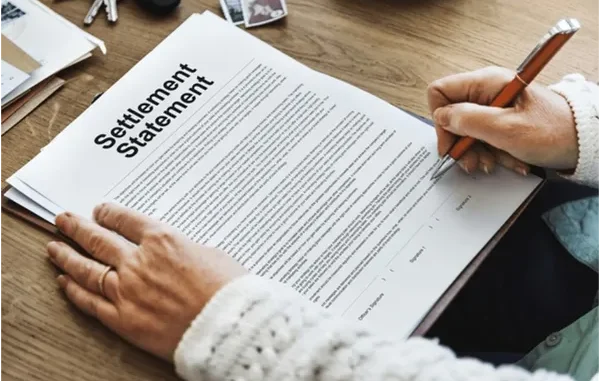

In many kinds of accidents, helmet use can save lives, particularly when motorcyclists, cyclists, and scooter riders are involved. Each States have different helmet usage regulations, which can have an impact on both your safety and your insurance payout following an accident.
Individuals injured in an accident while not wearing a helmet must understand how these factors, such as State rules, come into play. Moreover, wearing a helmet is necessary because it lowers the chance of concussions and traumatic brain injuries, both of which can have long-term effects.
When accident victims seek insurance settlements, whether or not they were wearing a helmet often becomes a significant factor. Insurance companies and courts may examine helmet use closely when deciding fault and compensation amounts.
What Are Helmet Laws and Why Do They Matter?
Helmet laws in the U.S. vary from state to state. Some states require helmets for all riders, while others only demand them for specific age groups or vehicle types. There are also states without helmet laws.
These differences can affect liability and the amount you might recover in an insurance claim. If you were injured in an accident while not wearing a helmet where it is legally required, your claim might be reduced or denied.
This is because the insurer could argue that you contributed to your injuries by not following the law. In states without helmet requirements, insurance companies might still reduce settlements by claiming the severity of injuries was worsened due to not wearing a helmet.
How Does Not Wearing a Helmet Affect Insurance Settlements?
Insurance companies assess many factors when settling claims, and helmet use is one of them. Here’s how not wearing a helmet can impact your settlement:
- Reducing compensation: Insurance adjusters might decrease the payout by a percentage reflecting your fault for not wearing a helmet.
- Challenging claims: Insurers may argue that your injuries would have been less severe with helmet use, lowering the value of your claim.
- Prolonging negotiations: Disputes regarding helmet use can delay settlements, as legal issues about fault and damages are resolved.
- Influencing court decisions: If your case reaches court, judges and juries may consider helmet use when determining award amounts.
What Should Accident Victims Do Regarding Claims?
If you are involved in an accident, the following steps regarding your insurance claim can be helpful:
- Seek medical attention immediately, especially if a head injury is suspected.
- Report the accident accurately to the police and your insurance company.
- Document all injuries and medical treatments.
- Inform your attorney about helmet use as soon as possible.
- Be honest but cautious when discussing helmet use with insurance adjusters.
- Please familiarize yourself with your state’s helmet laws as they relate to your case.
- Consult with a lawyer experienced in accident claims for guidance.
- Medical records, bills, and accident reports serve as crucial evidence to support your claim.
- Avoid admitting fault or minimizing your injuries during early conversations with insurers.
Key Takeaways
- Helmet laws differ by state and influence insurance claim outcomes.
- Not wearing a helmet when required can reduce or complicate settlements.
- Helmets protect against serious injuries like concussions and traumatic brain injuries.
- Always seek medical care and keep thorough documentation after an accident.
- Getting legal advice can help you manage helmet-related issues in claims.
- Organizing essential documents and cautious communication improve your chances for fair compensation.
Following helmet rules before and after an accident helps protect your health and your right to fair compensation. If injured in an accident, being aware of these factors lets you focus on recovery and ensures essential steps aren’t missed when dealing with insurance settlements.






Leave a Reply